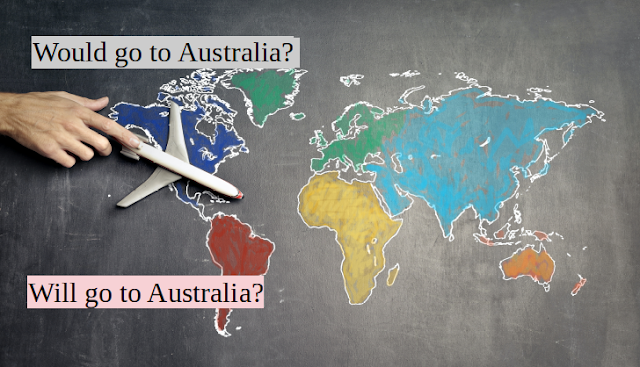The subtle difference between 'will' and 'would'

For too many times, ‘will’ is used when ‘would’ is the right choice. Is that a problem? Yes, since misplacing ‘would’ and ‘will’ can change the meaning of a sentence drastically. For that reason these two words deserve a little more attention. What do I mean by using ‘will’ instead of ‘would’? Let’s consider the following examples.


